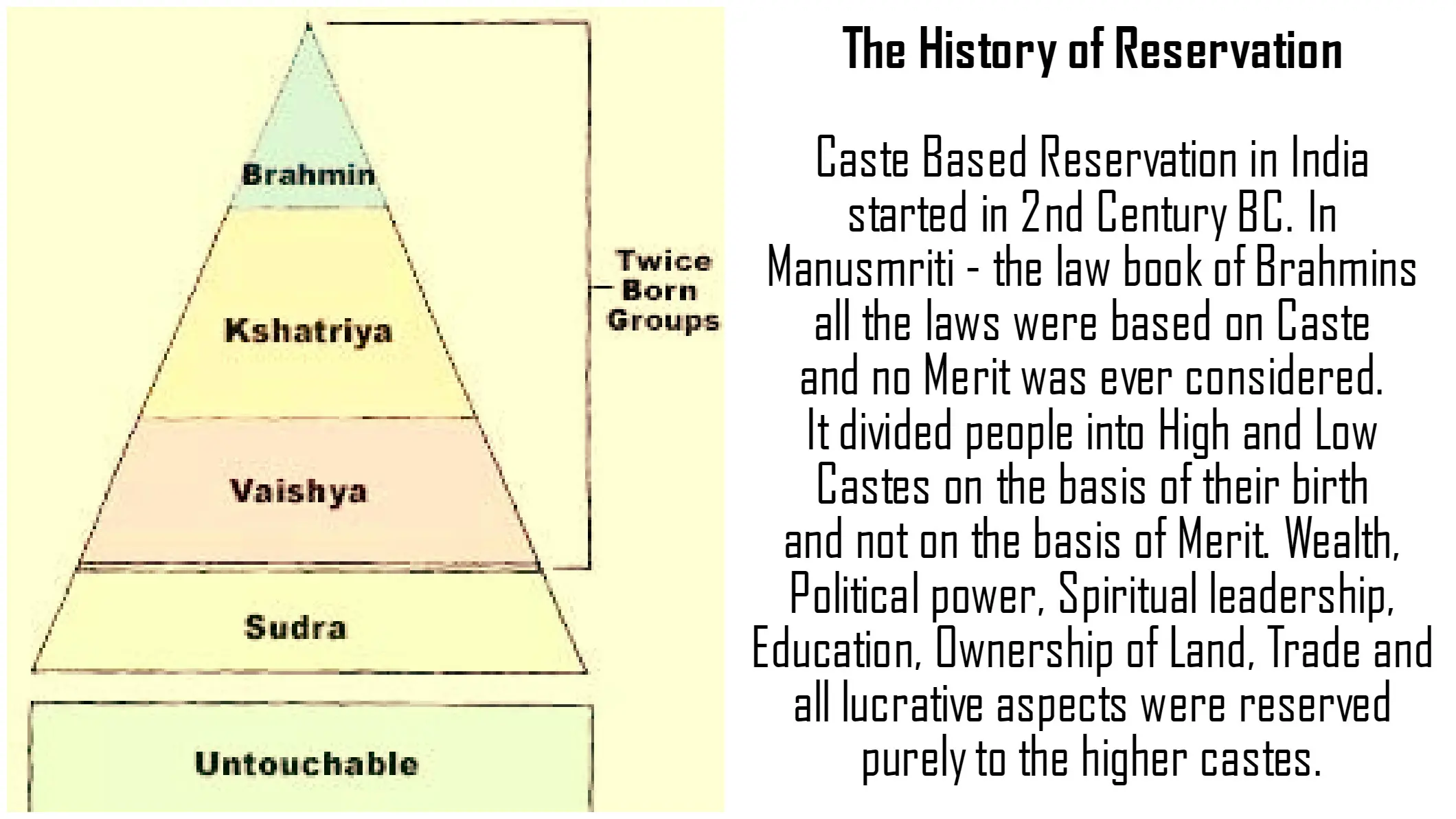UN population report: Key takeaways for India and the world
Idioms and Phrases 10

2022-12-15
01:05 am
945 Views
1. come about: happen, take place.
- Can you explain to me how this event come about?
2. came across: (i) meet suddenly.
- Returning home, I came across my old friend on the way.
(ii) discover.
- Searching through the books in the library, I came across an old manuscript.
3. come at: attain.
- The fox could not come at the grapes which were out of her reach.
4. come away: depart.
- Please tell me when you intend to come away from here.
5. come by: again.
- Do not squander the money which your father has come by with much labour.
6. come down: descend.
- The flood came down and destroyed the crops.
7. come in: enter.
- The teacher ordered the student to come in.
8. come near: approach.
- The soldier started fire as the enemy came near him.
9. come of: appear from.
- Poverty comes of laziness.
10. come off: emerge.
- The Indian soldier came off victorious in the last Indo Pak War.
11. come on: advance.
- The teacher asked Mohan to come on.
12. come out: become public.
- Truth has come out of this enquiry.
13. come over: overspread.
- A look of smile came over her face.
14. come round: reach nearer.
- The ships have come round.
15. come to: (i) arrive at.
- Now he has come to a clear decision.
(ii) amount to.
- What will all this disturbance come to?
16. come up: overtake.
- Our boat came up the first competing boat.
17. come upon: meet suddenly.
- Returning home he came upon his old friend.
18. compare with: make comparison with.
- Shakespeare may be compared with Kalidas of India.
19. complain of: make complaint of a thing.
- He complained of pain in his chest to the doctor.
20. comply with: yield to.
- A faithful servant must comply with the orders of his master.
21. cope with: manage.
- Only a man of courage can cope with the difficulties of his position.
22. correspond to: resemble with.
- The wings of this bird correspond to the leaves of this tree.
23. crave for: desire heartily.
- A poor man ever craves for love and sympathy.
24. cry for: cry to get something.
- The students are crying for their demands.
25. cry out: shout out.
- Seeing a lion, the traveller cried out of fear.
26. cry out against: make a loud complaint against.
- The people of the new colony cry out against the water shortage.
27. cry up: praise.
- The pedlar cries up to sell his wares.
28. cut across: take a short course.
- Cut across this field to reach the village school.
29. cut down: (i) fell.
- He cut down many trees.
(ii) reduce.
- You must cut down your expenses.
(iii) kill.
- Cholera cut down a large number of people in the city.
30. cut off: separate.
- The enemy cut off the head from the body by means of a sword.
31. cut out: cut to give proper shape.
- The tailor has cut out the cloth to sew a coat.
32. cut up: cut into pieces.
- The butcher cut up the goat for sale.
33. dash against: strike against.
- The waves dash against the sea-shore.
34. dash in pieces: break into pieces.
- Falling on the ground the cup dashed in pieces.
35. deal in: trade in.
- This trader deals in grain.
36. deal out: distribute.
- A mother deals out equally her love to her all children.
37. deal with: (i) trade with.
- The trader deals with his customers honestly.
(ii) contains.
- This book deals with all numerical questions.
(iii) treats.
- A police-inspector must know how to deal with criminals.
38. delight in: derive pleasure.
- He delights in swimming.
39. deprive of: make without.
- Continuous illness has deprived him of his usual smile.
40. desist from: refrain from.
- Always desist from taking part in an unlawful activity.
41. deviate from: turn aside from.
- Never deviate from the path of truth.
42. die away: disappear.
- The effects of the late disturbances are dying away.
43. die of: die of a disease, etc.
- Many people have died of cholera.
44. differ from: have difference from.
- Stars differ from planets.
45. disagree with: does not suit.
- This diet disagrees with his weak health.
46. disapprove of: disfavour.
- I disapprove of his conduct.
47. discriminate: differentiate.
- An upright judge can well discriminate between true and false evidence.
48. dispense with: do without.
- The master cannot dispense with the services of his servant.
49. dispose of: sell.
- He has disposed of old luggage.
50. dissent from: have different opinion.
- I have dissent from his opinion.
51. distinguish between: feel distinction between.
- Death does not distinguish between the rich and the poor.
52. divert from: turn the course.
- It is not easy to divert the river from its present course.
53. divide: distribute.
(i) Divide this mango between these two children.
(ii) Divide this money among these ten poor men.
(iii) Divide this straight line into two equal parts.
54. do away with: remove.
- This social superstition must be done away with immediately.
55. do for: serve the purpose of.
- This amount of money will do for the whole expenses.
56. do with: make use of.
- I do not know what to do with this inherited amount of money.
57. do without: do a work without a thing.
- I can do without a servant.
















Comments
Login To Comment
Recent Comments